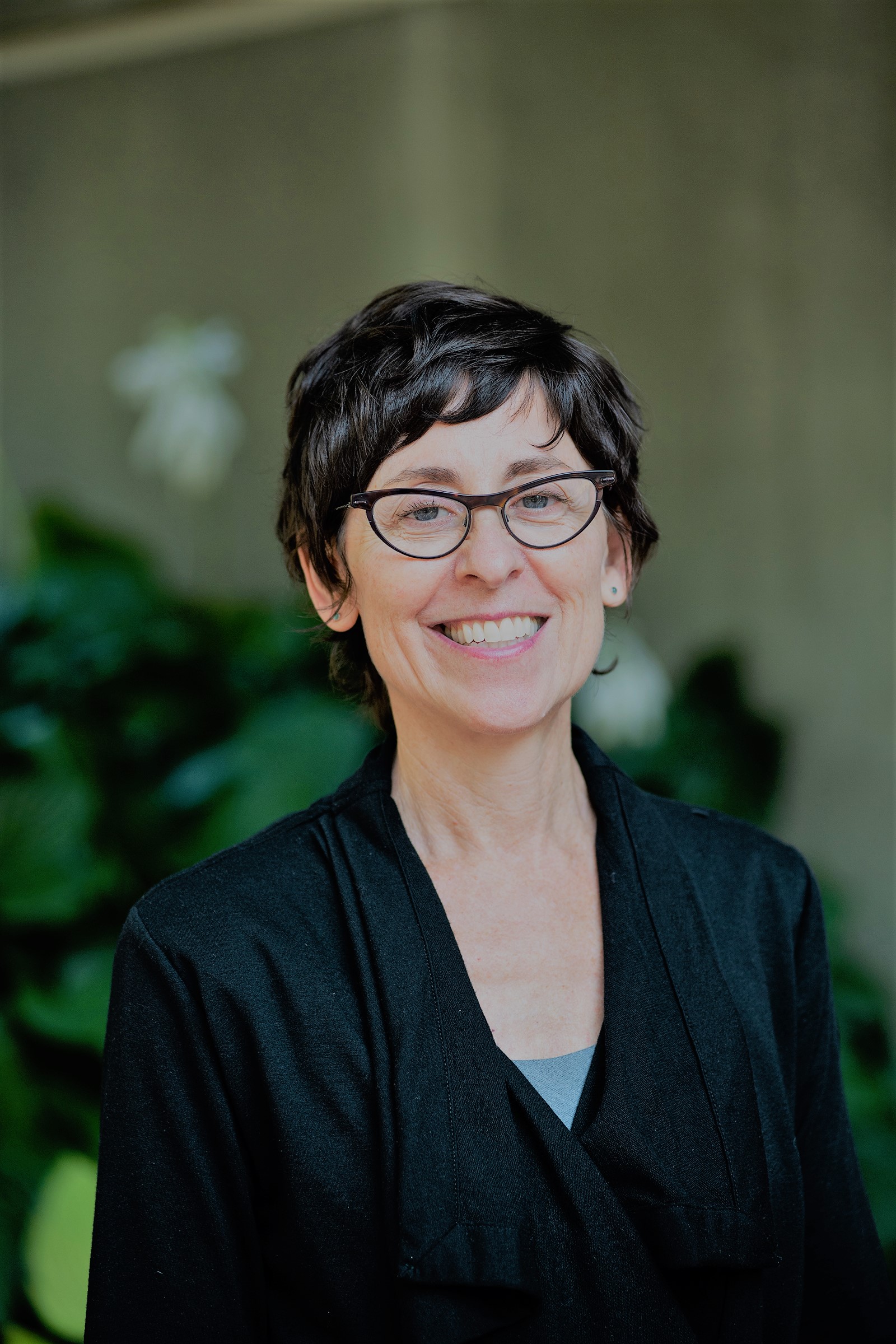
Fellows come from all over the university, bringing their particular passions and living out the public purpose of their discipline through teaching and researching in, with and for community.
See Details
Recent estimates suggest that at least 7% of drivers have a suspended driver’s license at a given point in time, and over one million suspensions are issued in New York each year. Although the suspension of a driver’s license was originally intended to punish unsafe driving, it has increasingly been used to sanction people for unpaid fines or “social noncompliance:” failing to appear in court, to pay child support and to comply with other regulations. New York is one of 24 states that has recently passed reforms aimed at reducing suspensions for unpaid traffic fines out of concern that this punishes low-income drivers of color for their inability to pay. A federal bipartisan bill backed by a diverse coalition of criminal justice and advocacy groups would also incentivize states to end suspensions for traffic-related fines that are unrelated to driving safety.
As a Faculty Fellow in Engaged Scholarship, I will conduct a mixed methods research project to examine economic and racial disparities in driver’s license suspension in New York, the potential of different reform options for reducing these disparities and the lived experiences of having a suspended license. I am currently conducting interviews with New York drivers to understand the circumstances in which their licenses were suspended, the consequences of losing their driving privileges and the challenges they experience in reinstating their licenses, in collaboration with Stephane Andrade (post-doc at Yale) and Erika Abbott (PhD student in Sociology). I am also collaborating with Peter Rich (Assistant Professor, Brooks) and Nathan Robbins (PhD student, Brooks) to analyze NY DMV records for all driver’s license suspensions in the state to identify how different reform options could improve economic and racial equity. Results from this project will directly inform community, advocacy and legislative efforts to develop new reforms and access to justice initiatives around driver’s license suspension in NY and other states. We are grateful for support for this project from the Einhorn Center, the Cornell Center for Social Sciences, CPC and CCHEq and the ABF/JPB Access to Justice Scholar program.
Maureen Waller received Cornell’s fifth Engaged Scholar Prize. Waller is a sociologist who studies families, poverty and social policy. Her research has used a mixed-methods approach to examine social and policy issues that deeply impact the lives of disadvantaged families and their communities. This work has drawn on hundreds of interviews she has conducted with low-income mothers and fathers as well as survey and policy data. Her research provides new insight into the situations of parents at the forefront of family change and their experiences with the child support, welfare, family court and criminal justice systems.


